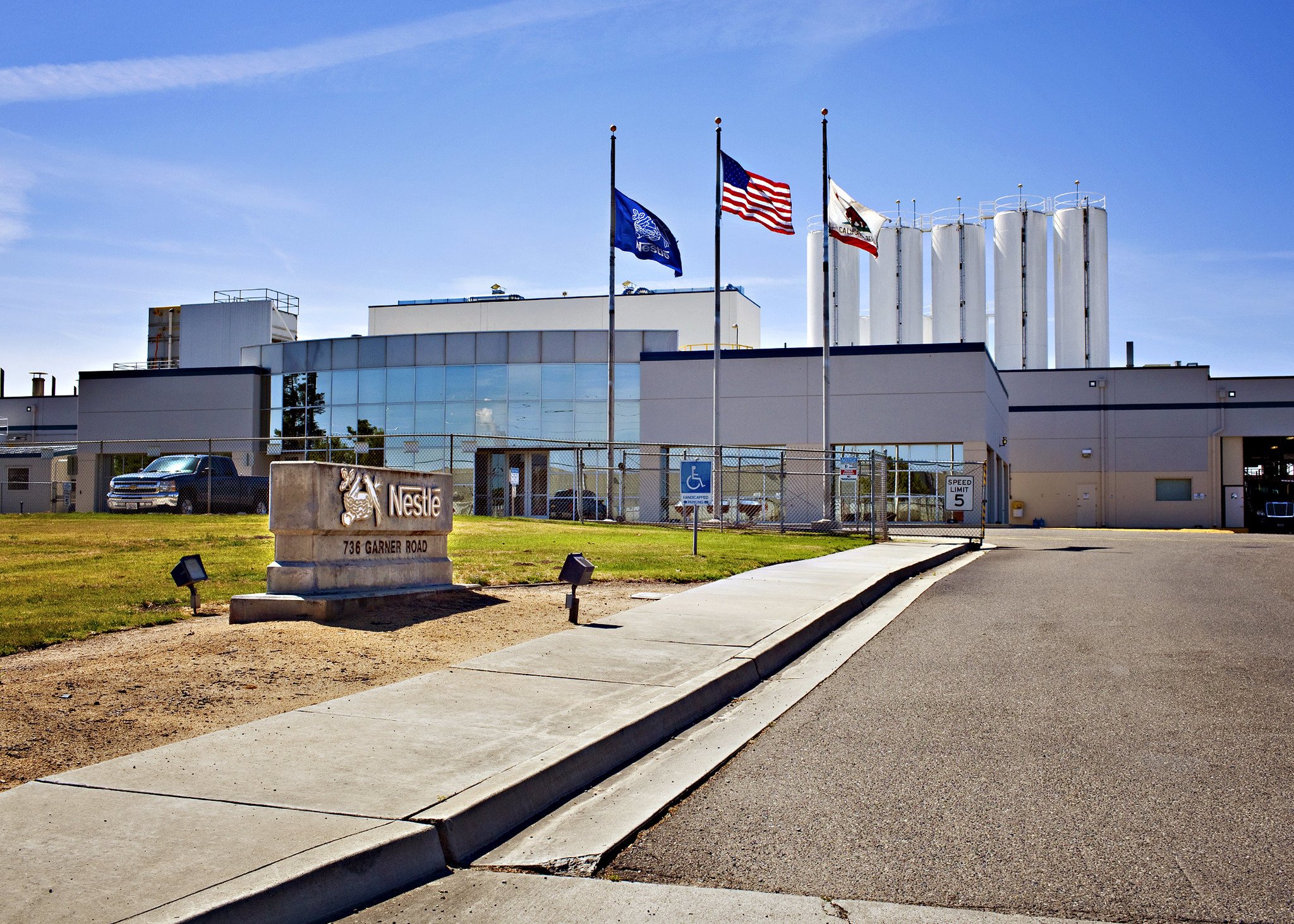Nestlé to Trial Real Dairy Without the Cows in the US
The food and beverage giant has teamed up with precision fermentation startup Perfect Day to pilot a novel animal-free dairy protein product in the U.S. later this year.
Food and beverage giant Nestlé has announced that it is partnering with fermentation startup Perfect Day to explore the development of animal-free dairy protein-based products, as part of its promise to be more climate-friendly while meeting the growing consumer demand for milk alternatives.
“As the world’s largest food and beverage company, delivering foods and beverages that are good for people and the planet is a priority,” said Heike Steiling, Head of Nestlé’s Development Center for dairy products. “We are exploring emerging technologies that can lead to animal-friendly alternatives that are nutritious and sustainable, without compromising on taste, flavor, and texture.”
Created by Nestlé’s R&D teams in Switzerland, the product is made with Perfect Day’s animal-free protein, which has an identical taste and the same nutritional content found in cow’s milk. It is also lactose-free and suitable for vegans.
"While this category is still very young, we know consumers are looking for products that have a reduced environmental footprint, and we are evaluating this avenue as a future growth opportunity for our business," said Joanna Yarbrough, head of the R+D Accelerator.
The yet-to-be revealed product will be released later this year at select stores across the United States, as part of a pilot initiative by the company.
“Bringing together our unmatched R&D expertise, innovation capabilities and scale, we are working to develop and test novel animal-free dairy protein-based products to complement our wide-ranging portfolio of plant-based alternatives," said Steiling.
Real dairy without the cows
Perumal Gandhi and Ryan Pandya, co-founders of Perfect Day
California-headquartered Perfect Day uses a process called microbial fermentation, which produces real cow’s milk, without using actual cows. Fungi strains are programmed with the bovine DNA sequence responsible for making casein and whey - actual dairy proteins. They are fed sugars to produce the proteins, which are then dried to create a powder. That powder can be used to make other products such as milk, cheese, and ice cream.
A recent life cycle assessment found that their precision fermentation process uses up to 99 percent less water and produces up to 97 percent fewer greenhouse gas emissions, compared to traditional dairy protein production methods.
This innovation has the potential to end factory farming while lifting the strain on the planet caused by the traditional dairy sector. And investors are seeing this potential too: Perfect Day has secured $750m in funding since launching in 2014.
On the Nestlé collaboration, a Perfect Day spokesperson said: “It’s extremely exciting to be working with the largest food and beverage company in the world.”
In addition to Nestlé, Perfect Day has also worked with various other companies that are keen to create dairy-identical products without cows.
Earlier this year, leading confectionery company Mars Incorporated released their first-ever vegan chocolate innovation in the U.S. in partnership with the fermentation startup. Aptly named CO2COA, the chocolate bar sources Rainforest Alliance Certified cocoa and uses Perfect Day animal-free dairy protein as part of Mars’ mission to achieve net zero greenhouse gas emissions across its full value chain by 2050.
Credit: Mars
Meanwhile, American food manufacturer General Mills launched its first vegan product, a cream cheese alternative made with Perfect Day’s proteins. Bold Cultr is one of the world’s “first next generation cheese alternatives”, according to the company, and is aimed at consumers looking for cheese alternatives that have the same taste and texture of dairy, but without the animal.
Credit: General Mills
What we eat matters: dairy
Cows are mammals, and just like us, they produce milk to nourish their young. A female cow in the dairy industry is repeatedly inseminated to ensure that she is continuously producing milk. Within hours of giving birth, her calf will typically be removed so that her milk can be taken and sold to humans instead.
On top of the animal cruelty, the environmental impact of animal agriculture is devastating and responsible for more greenhouse gas emissions than any other food sector. Milk production alone contributes 2.9 percent of all human-induced GHG emissions. It also contributes significantly to soil degradation and deforestation, and pollutes air and water.
Our choices matter to animals. Do you think you could embrace plant-based living for 30 days? We do. This October, sign up for the Species Unite 30-Day Vegan Challenge to discover a whole new world, from recipes that will trick your most carnivorous friends to shoes, boots and bags made from some of the most magical plants on the planet. Take part here!
We Have A Favor To Ask…
Species Unite amplifies well-researched solutions to some of the most abusive animal industries operating today.
At this crucial moment, with worldwide momentum for change building, it’s vital we share these animal-free solutions with the world - and we need your help.
We’re a nonprofit, and so to keep sharing these solutions, we’re relying on you - with your support, we can continue our essential work in growing a powerful community of animal advocates this year.
More stories:
Species Unite
A collection of stories of those who fight the good fight on behalf of animals.







Meat giant JBS USA misled consumers with fake sustainability claims to boost sales, the lawsuit alleges.